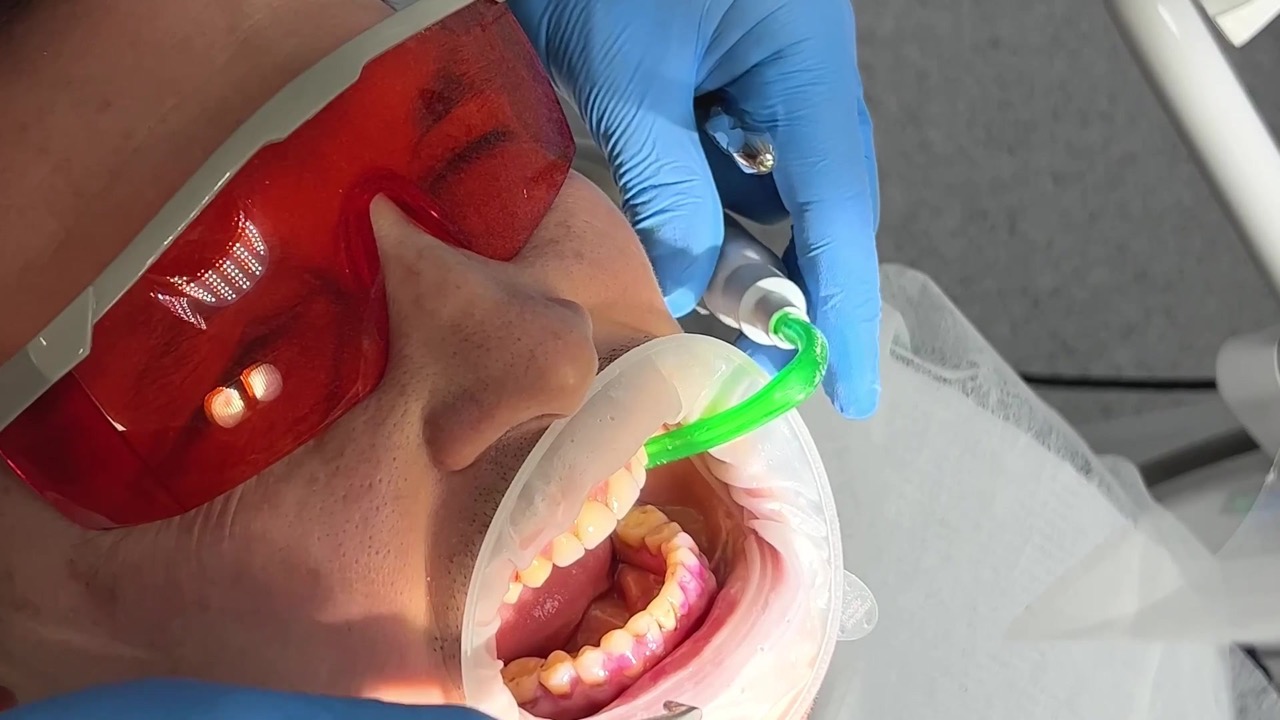Smoking's detrimental effects on health are well-established, but did you know it also severely impacts oral health? According to the World Health Organization (WHO), smoking can lead to bad breath, yellowing of teeth, and increase the risks of tooth loss and oral cancer. Minister of Health, Dr. Wu Chao-chun, urges smokers to quit for fresher breath and confident smiles.
Treatment methods such as surgery and radiation therapy can significantly impact facial appearance, chewing, swallowing, and speech abilities, thereby affecting the quality of life. (Image: MotionElements)
Smokers face twice the risk of developing periodontal disease and oral cancer compared to non-smokers. Nicotine in tobacco impairs blood circulation around the gums, affecting the self-repair capability of periodontal tissues, leading to gum infections and tooth loss. Smokers are also more prone to oral cancer, which can manifest in the tongue, lips, cheek mucosa, gums, and jaws. Treatment methods such as surgery and radiation therapy can significantly impact facial appearance, chewing, swallowing, and speech abilities, thereby affecting the quality of life.
E-cigarettes are not safe either, potentially causing severe oral injuries from explosions. Last year, the Tobacco Hazards Prevention Act comprehensively banned various tobacco-like products, including e-cigarettes.
Three key tips for maintaining oral health: refuse tobacco and betel nut, seek professional assistance, and undergo regular oral cancer screenings. (Image: Provided by the Department of Health)
Deputy Director of the Oral Health Department, Ministry of Health and Welfare (Yen Chung-han), calls for quitting smoking, betel nut chewing, and excessive alcohol consumption, all major risk factors for oral cancer. Eliminating these risks and undergoing regular oral mucosal examinations can significantly reduce the risk of oral cancer.
Honorary Professor Han Liang-chun from the School of Dentistry, National Taiwan University College of Medicine, points out that quitting smoking improves gum treatment outcomes, and after more than 20 years of cessation, the risk of developing oral cancer becomes similar to that of never smokers. Three essential tips for maintaining oral health: refuse tobacco and betel nut, seek professional assistance, and undergo regular oral cancer screenings.
Quit Smoking Information:
Free quit smoking hotline: 0800-63-63-63,
Line ID: @tsh0800636363
Contact 2,700 contracted healthcare facilities nationwide for smoking cessation services (Inquiry hotline: 02-2351-0120)
Contact local government health bureaus for quit smoking counseling or services







